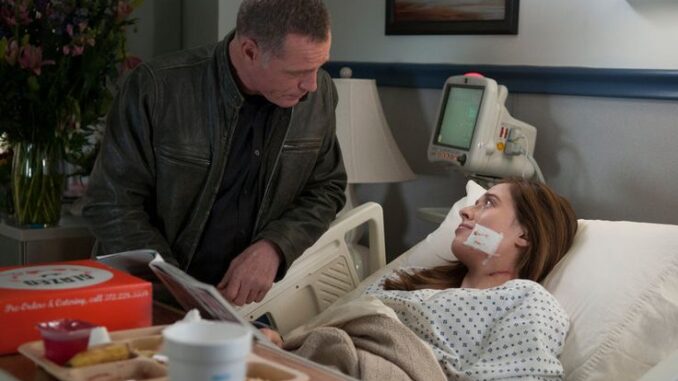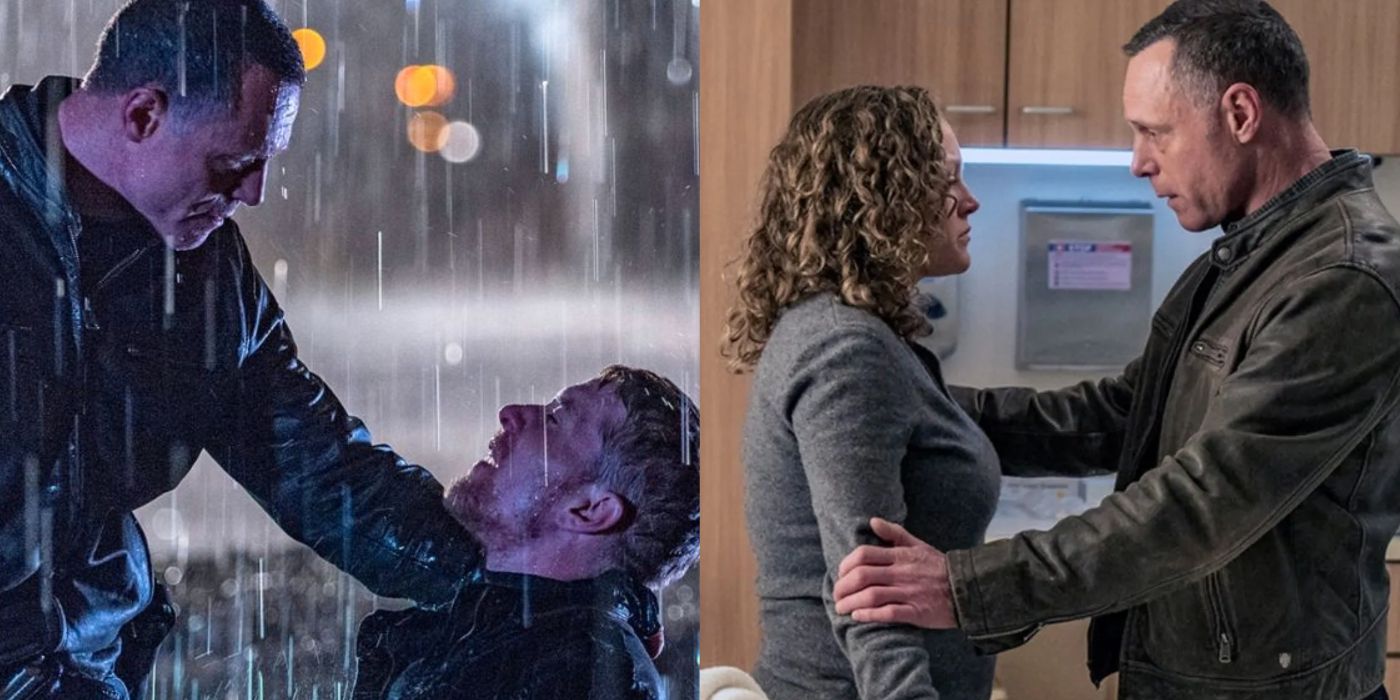
Throughout Chicago PD, Hank Voight has stood as one of the most morally complex characters in modern television.
Voight’s intense desire to avenge his son Justin’s death showcased his vulnerability, but it also led him down a dangerous path. His emotional instability after Justin’s murder caused him to make irrational decisions, including executing Justin’s killer, Kevin Bingham. While many fans empathized with Voight’s grief, this moment highlighted his willingness to break the law for personal reasons, tarnishing his leadership image.
Voight’s notorious interrogation techniques often flirt with brutality, but one of the most shocking instances came when he tortured Derek Keyes, a gang member, for information. Though his motives were to stop further bloodshed, this action exemplified his “ends justify the means” mentality, crossing ethical boundaries and putting his entire unit in jeopardy. In Season 3, Voight crossed yet another line when he framed Adrian Gish, a suspect believed to be a serial arsonist. Instead of letting the legal system take its course, Voight planted evidence to ensure Gish’s conviction. This decision backfired, as it undermined the trust in his leadership and created tension within his team.

Voight’s protective nature toward Erin Lindsay, whom he considered like a daughter, often led him to make questionable decisions. When Lindsay was involved in a questionable shooting, Voight covered it up, compromising the integrity of the police force. This favoritism, while rooted in affection, revealed his willingness to bend the rules for those closest to him.
One of Voight’s most significant recent mistakes was his handling of Roy Walton, the man responsible for shooting Kim Burgess. Instead of arresting Walton, Voight took matters into his own hands, executing him and attempting to cover it up. This incident strained Voight’s relationship with his team, especially Hailey Upton, who was forced to help him conceal the crime.
Voight’s inability to protect Alvin Olinsky, one of his closest allies, was one of his most heartbreaking failures. Olinsky was wrongfully imprisoned for a crime that Voight committed, and despite his efforts, Voight couldn’t prevent his death. This tragedy weighed heavily on Voight, revealing the consequences of his past actions catching up to him. While Bingham was responsible for the death of Voight’s son, Voight’s decision to personally execute him in cold blood highlighted his vigilante-style justice. It was a significant moment that showcased Voight’s complete disregard for the law when it came to personal matters, leading to long-lasting consequences.
At various points in the series, Voight ignored Kevin Atwater’s warnings, especially when it came to handling racially charged cases. Voight’s failure to listen to Atwater’s perspective, particularly regarding police brutality and racial injustice, has damaged his relationship with his team and exposed his blind spots as a leader. Over the years, Voight’s unchecked authority has often gone unchallenged, allowing him to make decisions that put his team in danger. From executing suspects without trial to bending the law, his autonomy has led to dangerous precedents, fostering an environment where questionable tactics are often the norm.
